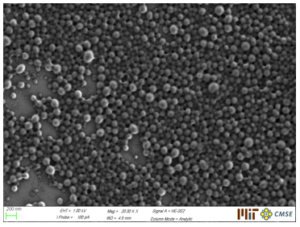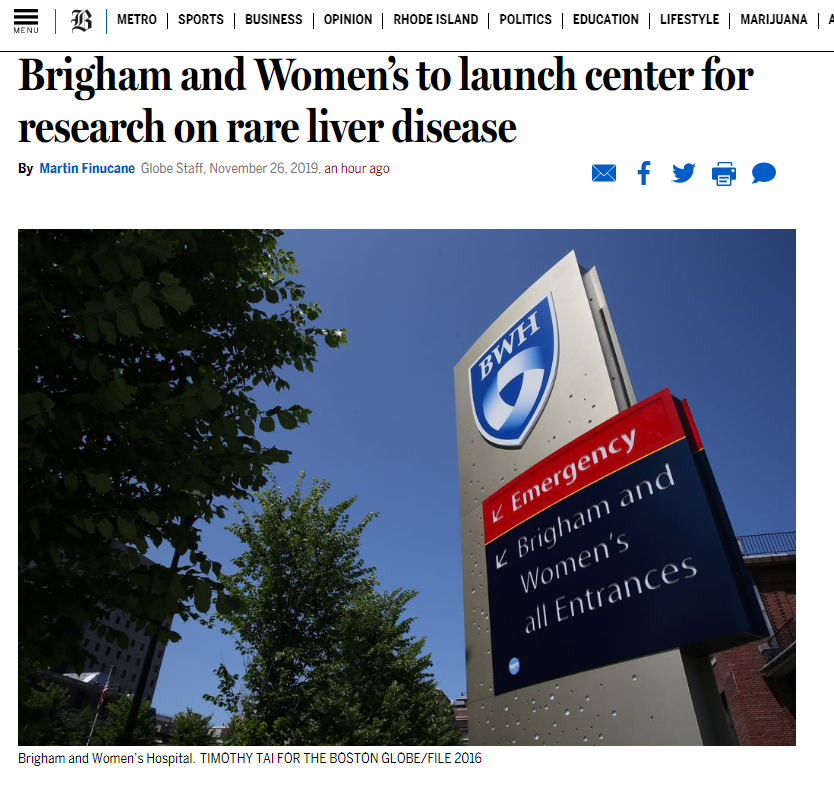Approach to Research
Our approach to research is focused on studying new potential therapies, developing digital tools for disease monitoring & diagnosis, and supporting patient-centered care. Working with a chronically ill population, those with inflammatory bowel disease (IBD), where the underlying etiology is not well understood and many available therapies have unexplained affects, the need for research is apparent from both a researcher and patient/caregiver perspective. Similarly, there are challenges working with a rare disease population, those with primary sclerosing cholangitis (PSC), with no current access to FDA-approved therapies and a relatively short time from diagnosis to liver transplantation. In an age where so much is known about the human body, it’s exciting to be at the cutting edge of gastrointestinal health.
To study this rare liver disease (PSC) we’ve launched a multi-pronged approach which focuses on 1) researching and testing existing medications which can be repurposed to treat PSC, 2) utilizing the expertise of our word-renowned collaborators to investigate pathophysiology and hypothesis-based research questions, 3) developing better biological and imaging-based biomarkers to aid in diagnosis and disease progression assessments.
Our IBD research has developed extensively over the years. The data and tissue from our biorepository fuel our collaborations with basic scientists, industry and other physician-investigators. Through these collaborations, we aim to understand the underlying etiology of IBD, categorize patients to understand drug-response phenotypes, develop digital biomarkers to monitor disease and test potential therapeutics. Since over 1.5 million Americans suffer from IBD, we also strive to teach patients tools to manage their chronic illness through nutrition, mental health, mind–body techniques, as well as stress management.
To hear more about the hypothesis driving our current research efforts, check out Dr. Korzenik’s podcast with PSC Partners’ Niall McKay – Living with PSC Podcast, Episode 23.





